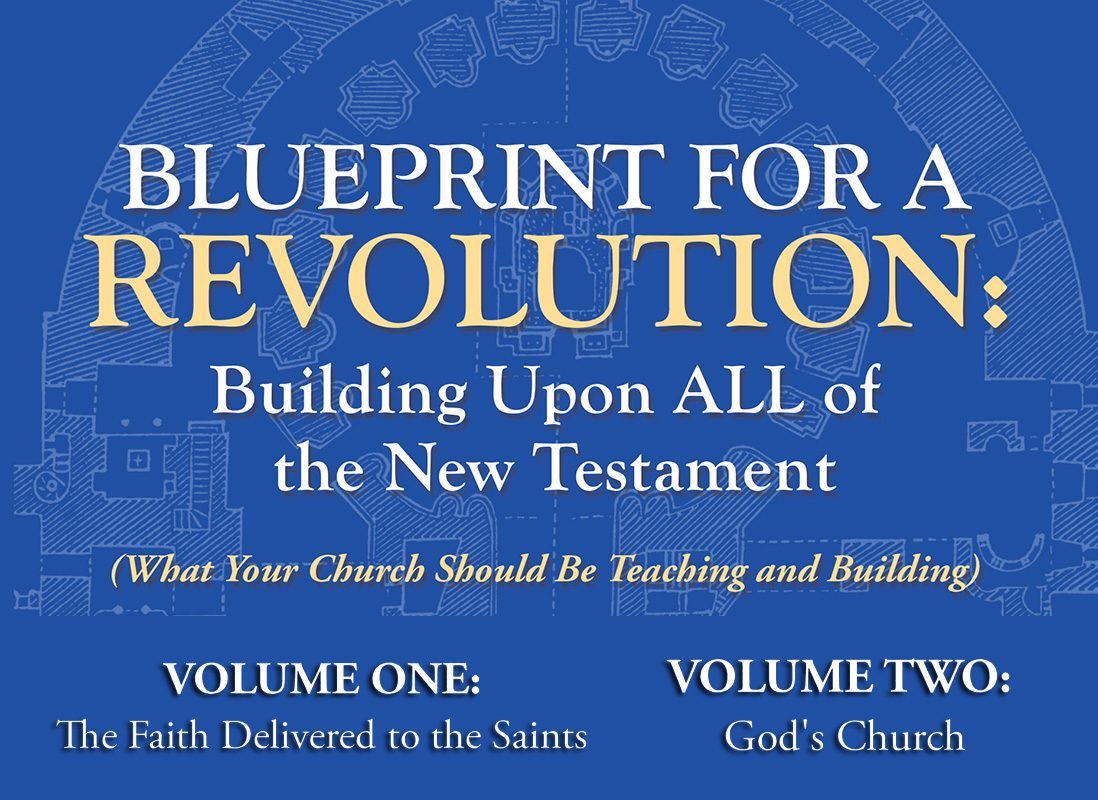What about that ancient Mongolian who never heard of the Bible or Jesus or the Gospel Message?
This is a common question that many of us have been asked, especially by people who are hearing for the first time about how God requires that we accept the authority and teaching of Jesus in order to have a saving relationship with our Creator. It is often said as follows, “It doesn’t seem fair for God to require something from us if we are not able to do it. What about somebody in Mongolia or Siberia or South America, who died before the Gospel and teaching of Jesus ever made it to their land?”
The usual way that we deal with them is to create some kind of message about God being merciful and judging them on the basis of how much they obeyed the “spiritual light” they had.
The trouble with such answers is that we are making them up on our own authority, an authority that we have never been given! We search to provide the questioner an answer that satisfies them but also seems consistent with what we understand about what a fair and compassionate God might do, a God who wants “all men to be saved and to come to the knowledge of the truth” (1 Timothy 2:4).
But we are only allowed to speak what GOD has revealed, not what our opinions and speculations find reasonable or probable! As the churches moved through history that is what got them into more and more serious trouble: trying to mix God’s revelation with what their generation and their imaginations felt were appropriate to teach. The point came when the church seems to have even lost the ability to distinguish between revelation and speculation, so that what was in fact speculation was treated as required revelation, and you had to sign off on it under pain of excommunication or even torture! Mary’s “perpetual virginity,” her being “conceived without sin” and her “ascension into heaven” come to mind, along with a host of other such “maturing theological development.”
So, no more speculation about what is actually a truly important question!
What actual revelation from God can you think of to provide a valid answer to your questioner?
Have you ever thought of the what the following two passages from Peter’s first epistle have to say about it?
1 Peter 3:18: “Because Christ also suffered once for sins, the just for the unjust, to bring you to God, by being put to death in the flesh but by being made alive in the spirit. 19 In it he went and preached to the spirits in prison, 20 after they were disobedient long ago when God patiently waited in the days of Noah as an ark was being constructed.”
1 Peter 4:6 “5 They will give an account to Him who is ready to judge the living and the dead. 6 For this reason the gospel was preached also to those who are dead, that they might be judged according to men in the flesh, but live according to God in the spirit.”
Forget about the debates over those two passages. They both provide evidence, revealed evidence, that the dead can have the Son of God personally revealed to them, and have His gospel preached to them by Jesus Himself! That implies an ability to make a positive (or negative) decision as well as implies that the dead can receive the same challenges and the same benefits as were given by Jesus when He was a human in the first century, does it not?
So, the next time you are asked that question, use what God has authorized you to say, not any man-made opinions might come to mind, Amen?
Those dead have neither more nor less of an advantage than did Jesus’s first-century audience. That audience both saw and heard the “real thing,” from Jesus Himself, and yet most of them preferred to continue on their “broad way that leads to destruction.” So will it be with those ancient Mongolians – as well as your own cousin who recently died after receiving only an anemic, truncated non-anointed witness, coming from an equally anemic, and truncated group that calls themselves a Christian church!

Excellent points. I’ve heard some try to prove that his descention into the lower regions was alleged to be a parable but ive never heard an argument that made sense. The Early Church writings attest to the it as if it actually happened…………Stephen
Thanks for the support, friend!